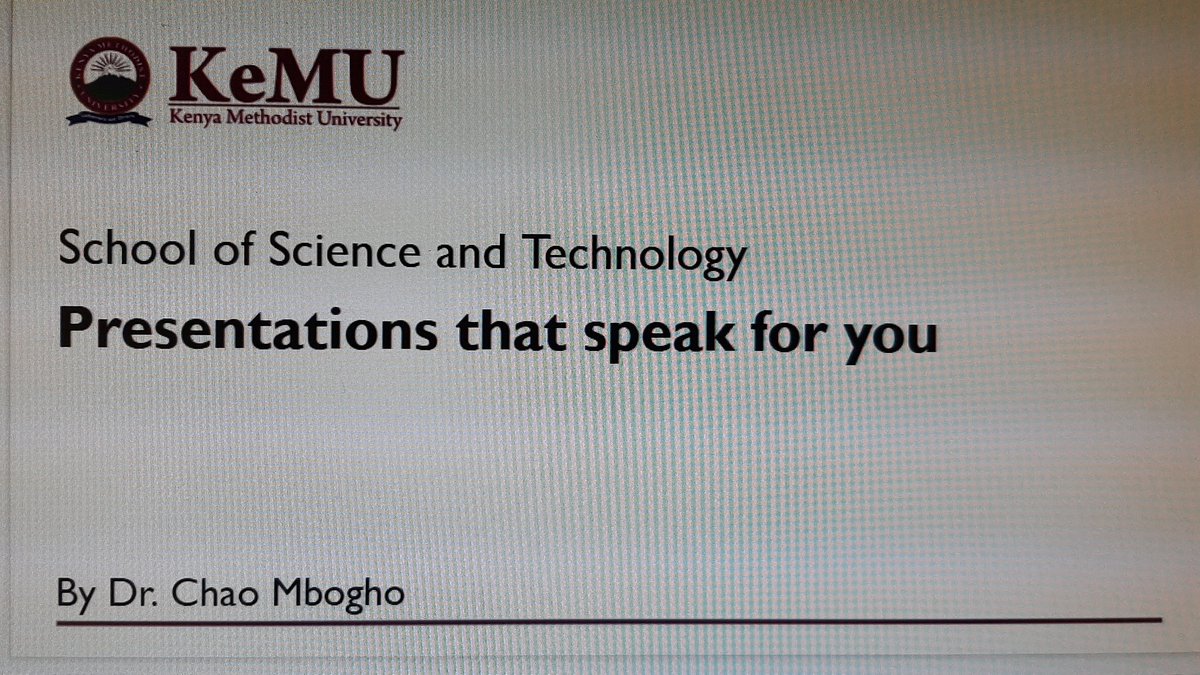Over time I have learned a number of lessons about rejection, whether professional or personal. Over time, I realise that rejection has gotten easier to deal with and in fact, an impetus for many of my wins.
Let me share a few of these lessons.
A thread.
Let me share a few of these lessons.
A thread.
1. A 'no' is a good answer. It is better to receive a no than no answer at all. What with many applicants never hearing back or socially, loved ones who don't say they are leaving.
When you receive or hear a no, that's a good start.
Now, to work on dealing with it.
When you receive or hear a no, that's a good start.
Now, to work on dealing with it.
2. I have learned to apply myself fully to everything I set myself to doing, whether or not there will be a rejection at the end.
I realised that this has been one of the ways I have built my skills, my resilience, and socially, my ability to love. The end notwithstanding.
I realised that this has been one of the ways I have built my skills, my resilience, and socially, my ability to love. The end notwithstanding.
3. I have grown to a point where reading rejection emails, letters, messages is not cringeworthy.
I have learned to read rejection-related reviews with the objective of doing better than best the next time.
In the process, I have learned to be a better reviewer myself.
I have learned to read rejection-related reviews with the objective of doing better than best the next time.
In the process, I have learned to be a better reviewer myself.
4. More times than I can mention, rejection has come because (quite literally) there is a better chance ahead.
This has been evident many times in my life and it has helped to simply accept that 'it is not yet time' or 'this may not be it'.
This has been evident many times in my life and it has helped to simply accept that 'it is not yet time' or 'this may not be it'.
5. I cannot emphasize enough the need not to overlook the process, even as we seek the result.
Some of my best wins have required significant work behind the scenes. Yet, even if I didn't win, the amount of work would have still been well worth it.
Some of my best wins have required significant work behind the scenes. Yet, even if I didn't win, the amount of work would have still been well worth it.
6. Does rejection still pinch? Of course - almost always. But if I didn't feel bad about it, perhaps it wasn't important.
We feel bad about things that mean something to us. And indeed, those are the things we should be expending time & energy on. & this isn't a waste of time.
We feel bad about things that mean something to us. And indeed, those are the things we should be expending time & energy on. & this isn't a waste of time.
7. A side effect of learning how to take rejection, is that one becomes empathetic to others when you are in a position of delivering rejection yourself.
8. Lastly, a technique I've used time & time again, is to be involved in important projects. When rejection comes, it doesn't take away from fact that you're still doing important work& that your skills are valuable.
Even if no one reminds you, your work does. Remember that.
Even if no one reminds you, your work does. Remember that.
So, rejection hurts & can be destabilizing in some instances, but I hope that you put in the work anyway, and you show up anyway.
In the end, that place or that person many not have accepted you, but you are even better than you were because you did not quit.
Keep going. 💓
In the end, that place or that person many not have accepted you, but you are even better than you were because you did not quit.
Keep going. 💓
<\end>
• • •
Missing some Tweet in this thread? You can try to
force a refresh





